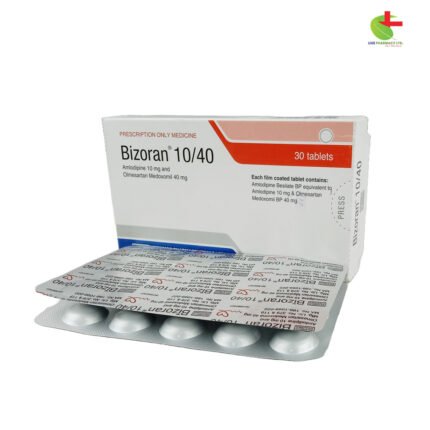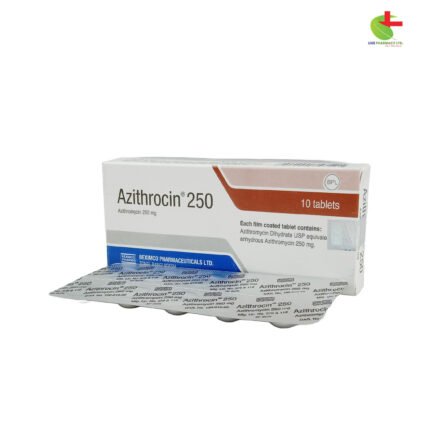Cardoprin
11.20৳ Strip
- Cardoprin, a potent anti-platelet medication, is prescribed for a variety of conditions including prophylaxis against arterial occlusive events like myocardial infarction and stroke.
- It effectively relieves mild to moderate pain such as headaches and muscle pain, and manages chronic inflammatory conditions like osteoarthritis.
- Aspirin, its active ingredient, works by inhibiting platelet aggregation and possesses anti-inflammatory and antipyretic properties.
- Careful dosage adjustments are recommended based on the specific condition being treated, ensuring optimal therapeutic outcomes.
 Brand
Brand
|
Beximco Pharmaceuticals Ltd |
|---|---|
 Generics
Generics
|
Aspirin |
 Type
Type
|
Tablet |
Indications
Cardoprin is indicated for:
- Prophylaxis against arterial occlusive events: including myocardial infarction, re-infarction, after bypass surgery, acute ischemic stroke/TIA.
- Mild to moderate pain: such as headache, muscle pain, dysmenorrhea, toothache, etc.
- Chronic diseases accompanied by pain and inflammation: specifically osteoarthritis.
- Antipyretic: for cold fever and influenza.
Pharmacology
Aspirin inhibits thrombus formation by reducing platelet aggregation on the arterial side of circulation. It is the preferred analgesic for headache, transient musculoskeletal pain, and dysmenorrhea. Aspirin also possesses anti-inflammatory and antipyretic properties, with enteric-coated formulations reducing gastrointestinal ulceration.
Dosage & Administration
- For pain, inflammatory diseases, and antipyretic purposes: Aspirin 300 mg, 1-3 tablets every 6 hours, with a maximum daily dose of 4 grams.
- Suspected acute coronary syndrome: Immediate administration of 150 mg-300 mg, unless contraindicated.
- Post-myocardial infarction: Initiate with Aspirin 150 mg daily for 1 month, followed by long-term maintenance at 75 mg daily.
- Acute ischemic stroke/Transient ischemic attack (TIA): Start with 150 mg-300 mg daily, then continue with Aspirin 75 mg daily.
- Post-bypass surgery: Begin with 75 mg-300 mg daily, starting 6 hours post-procedure.
Interaction
Salicylates may enhance the effects of anticoagulants, oral hypoglycemic agents, phenytoin, and sodium valproate. They inhibit the uricosuric effect of probenecid and may increase the toxicity of sulphonamides. Salicylates may also precipitate bronchospasm or induce asthma attacks in susceptible individuals.
Contraindications
Aspirin is contraindicated in children under 12 years (due to Reye’s syndrome), during breastfeeding, active peptic ulcer disease, bleeding disorders, intracranial hemorrhage, and other forms of ulceration.
Side Effects
Common side effects include nausea, dyspepsia, gastrointestinal ulceration, and bronchospasm.
Pregnancy & Lactation
Aspirin is Pregnancy Category D. Avoid use during the last trimester of pregnancy unless specifically directed by a doctor. Caution is advised during lactation due to aspirin’s excretion into breast milk.
Precautions & Warnings
Use aspirin cautiously in patients with asthma, uncontrolled hypertension, during pregnancy, and in those with nasal polyps or nasal allergies.
Overdose Effects
Overdose symptoms may include dizziness, tinnitus, sweating, nausea, vomiting, confusion, CNS depression, cardiovascular collapse, and respiratory depression. Management involves gastric lavage, forced alkaline diuresis, and hemodialysis in severe cases.
Therapeutic Class
Cardoprin belongs to the class of anti-platelet drugs.
Storage Conditions
Store Cardoprin below 30°C in a cool, dry place protected from light. Keep out of reach of children.













Reviews
There are no reviews yet.